You might think a carnivore diet sounds extreme for bodybuilding, but many athletes are discovering its potential benefits. If you're evaluating this protein-focused approach, you'll want to understand how it could transform your muscle-building strategy. While traditional nutrition advice suggests a balanced diet, the carnivore method challenges those long-held beliefs with a radical protein-centric nutrition plan.
Your exploration with this dietary approach isn't just about eating meat—it's about reimagining how you fuel muscle growth and performance. Curious about whether this diet could be your secret weapon for unprecedented gains? The next few perspectives might just change everything you thought you knew about bodybuilding nutrition.
The Carnivore Diet Quickly Explained

The carnivore diet represents a radical approach to nutrition, stripping away traditional dietary guidelines in favor of an all-animal product regimen. You'll be eliminating every plant-based food and focusing exclusively on consuming meat, fish, eggs, and minimal dairy.
You'll primarily eat beef, chicken, pork, lamb, and seafood, with an emphasis on consuming fattier cuts to meet your daily energy requirements. Think steaks, ground beef, chicken thighs, salmon, and organ meats.
Dairy like hard cheese and butter are permitted in limited quantities, but fruits, vegetables, grains, and legumes are completely off-limits.
The diet's mechanism works by depleting glucose stores, forcing your body to break down fat and convert it into ketones for energy. High-protein diets can potentially impact muscle protein synthesis and metabolic rate.
Nutrient absorption is remarkably efficient on this diet, with animal proteins providing highly bioavailable nutrients that support muscle growth and metabolic function.
While advocates claim benefits like weight loss and reduced inflammation, nutritional experts caution that the diet lacks thorough scientific validation.
Before making the shift, it's essential to consult healthcare professionals and understand the potential implications for your overall health and fitness goals.
An amazing resource is Rob if your a bodybuilder and would like to learn specifics on the subject.

Protein and Fat Foundations

Muscle-building mavens, listen up: your protein and fat strategy can make or break your bodybuilding success on a carnivore diet.
Understanding the right balance of nutrients is essential for muscle growth and overall performance. Metabolic adaptation occurs when your body transitions to utilizing fat as its primary energy source, which can significantly enhance your muscle-building potential. Nutrient density plays a critical role in supporting muscle growth and metabolic efficiency.
| Protein Intake | Fat Strategy |
|---|---|
| 1.6-2.2g/kg body weight | 1:1 fat to protein ratio |
| 120-240g daily for 150lb individual | Fat provides energy efficiently |
| High-quality sources matter | Adjust based on goals |
| Essential for muscle repair | Supports muscle preservation |
Your protein needs depend on your body weight and fitness goals. For best results, aim for 0.8 to 1.6 grams of protein per pound of body weight. Focus on nutrient-dense sources like grass-fed beef, wild-caught fish, and organ meats that provide essential vitamins and minerals.
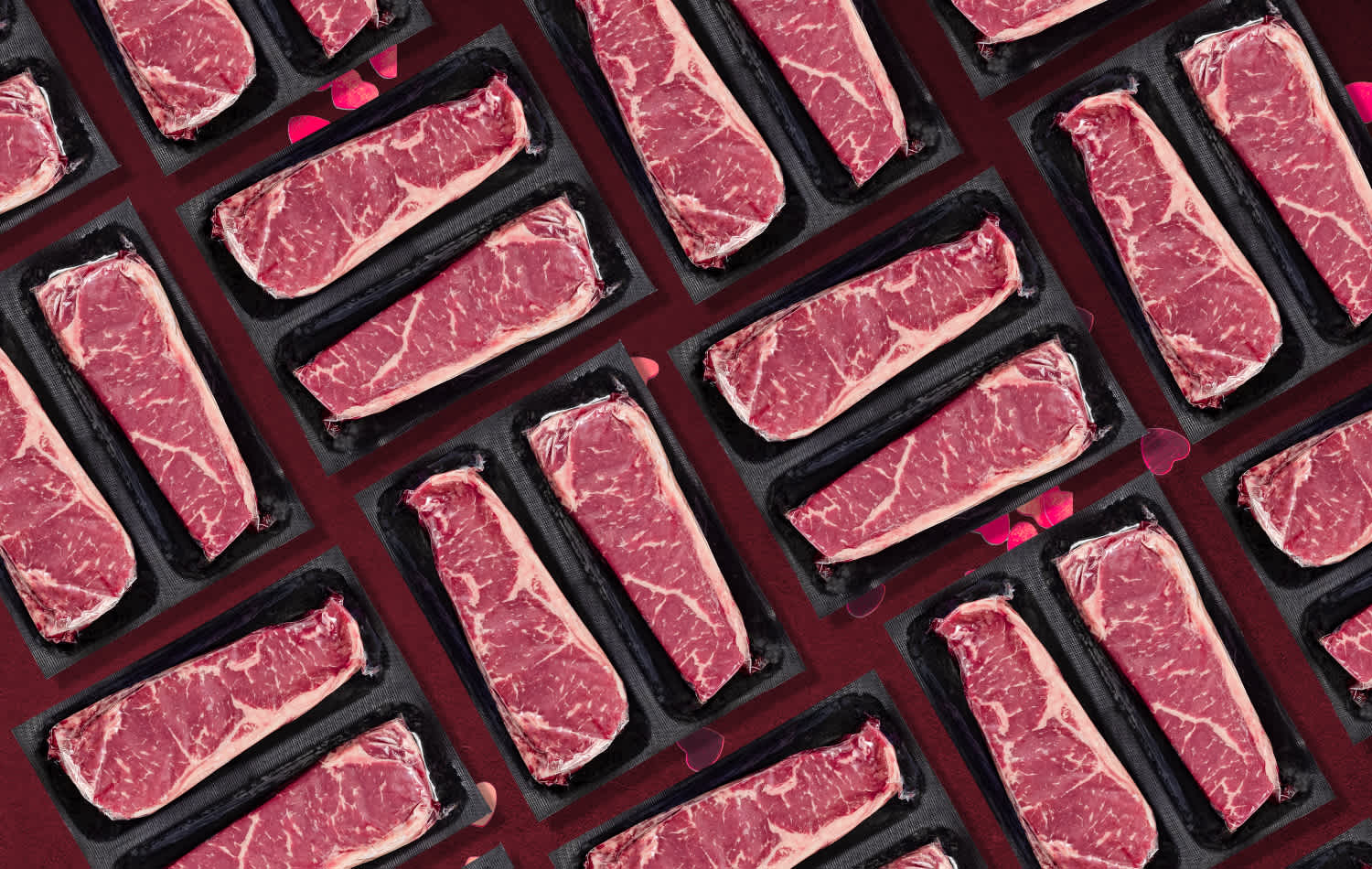
Fat plays a vital role in your carnivore diet strategy. It's not just about quantity, but quality and balance. Your fat intake should comprise a large portion of your total calories as they are your primary energy source. When bulking, increase fat intake to create a caloric surplus. For cutting, reduce fat while maintaining high protein levels.
Meal Planning Strategies

Every bodybuilder's success on a carnivore diet hinges on strategic meal planning that maximizes nutrition and supports muscle growth.
Your primary meal structure should prioritize nutrient-dense protein sources from ruminant sources like ribeye steaks, ground beef, and organ meats. Though you can rotate between animal proteins such as eggs, fish, chicken, and pork to help ensure no nutritional deficiencies. Hormonal adaptation requires patience and consistent nutritional strategies to support your body's metabolic transition.
There is no specific ned to pay close attention to meal timing, consuming protein-rich meals overall helps to enhance muscle protein synthesis. High-fat meat selections can provide essential energy for intense training sessions and support metabolic efficiency.
Keep in mind to focus on high-quality, pasture-raised meats and eliminate processed foods. Think about incorporating organ meat supplements to guarantee you're meeting all micronutrient requirements.
Training for Optimal Results

Leveraging a carnivore diet for bodybuilding demands a carefully crafted training approach that aligns with your nutritional strategy. Your success hinges on understanding progressive overload, compound movements, and targeted muscle hypertrophy techniques.
By incorporating varied training styles like Olympic lifting, powerlifting, and bodybuilding, you'll enhance muscle growth while maintaining a lean physique.
| Training Focus | Key Strategies |
|---|---|
| Muscle Growth | High-volume workouts |
| Strength | Compound exercises |
| Recovery | Rest and adaptation |
| Progression | Gradual intensity increase |
Your training must balance intensity with proper recovery. Start by mastering exercise techniques to prevent injury and maximize effectiveness. Focus on compound movements like squats and weightlifting that engage multiple muscle groups simultaneously. Track your progress through body measurements, workout logs, and progressive photos to guarantee continuous improvement.
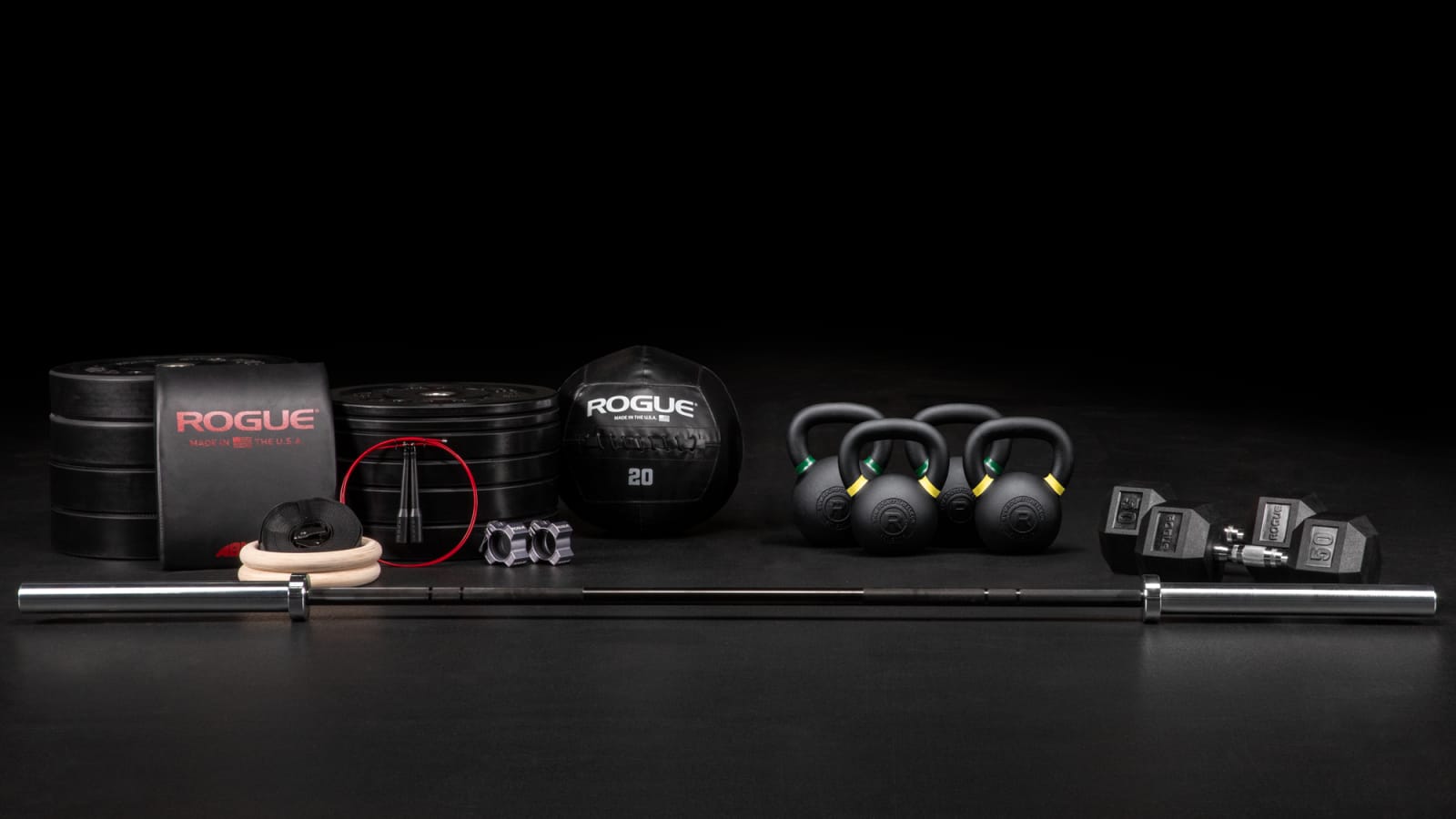
Monitor your body's response carefully, gradually increasing training intensity to prevent overtraining. Incorporate cardiovascular exercises and flexibility work to support overall fitness. Keep in mind that muscle growth takes time and consistency.
By aligning your carnivore diet with a strategic training approach, you'll create an ideal environment for muscle development and physical transformation.
Navigating Common Misconceptions

Among the myriad challenges bodybuilders face when exploring the carnivore diet, persistent misconceptions can deter potential adopters from experiencing its unique benefits. Understanding these myths is essential for making an informed dietary choice.
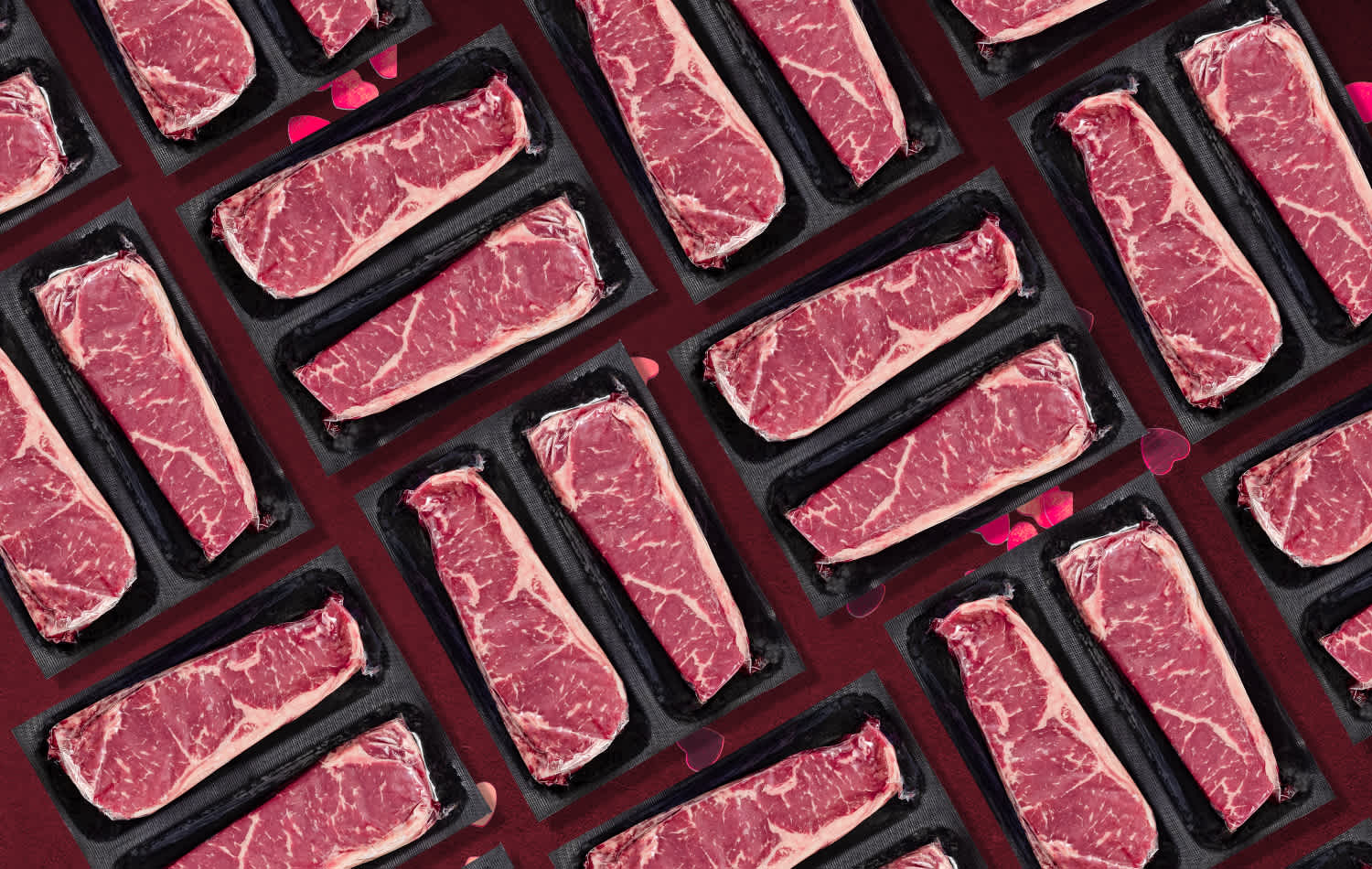
3 Key Misconceptions to Understand:
- Nutrient Deficiency Fears
- Energy Performance Doubts
- Muscle Growth Limitations
You'll discover that the carnivore diet isn't as restrictive as many believe. While it eliminates carbohydrates, it provides high-quality protein and fats vital for muscle growth and repair.
Your body adapts to using fat as a primary energy source within weeks, offering stable energy without blood sugar fluctuations.
Protein intake remains important, and the diet can support testosterone production, potentially enhancing muscle development. Total caloric consumption matters more than complex macronutrient ratios.
Even though carbohydrates traditionally support endurance activities, strength athletes can effectively perform without them.
The diet mightn't suit every training phase, especially in high-volume workout blocks. Nevertheless, with proper nutritional planning and understanding, you can navigate potential challenges.
Potential Benefits Unveiled

As bodybuilders dispel common misconceptions about the carnivore diet, exciting potential benefits emerge that challenge traditional nutritional paradigms.
You'll discover that this diet isn't just about eating meat, but about optimizing your body's performance through strategic nutrition. High-quality protein intake becomes your primary focus, supporting muscle growth and repair with remarkable efficiency.
Your athletic performance could see significant improvements, with the diet possibly enhancing sprint speed and providing a consistent energy supply through fat metabolism. Hormonal optimization becomes a key advantage, with increased testosterone levels and improved insulin sensitivity supporting your bodybuilding goals.
The diet's ability to reduce inflammation means faster recovery between intense training sessions.
Fat loss potential distinguishes itself as another compelling benefit. By eliminating carbohydrates, you'll regulate insulin levels and improve your body's fat oxidation capabilities. The high protein and fat intake increases satiety, naturally reducing overall calorie consumption.
Additionally, you'll experience simplified meal planning and potentially improved digestive function.
While individual results can vary, the carnivore diet presents a unique approach to nutrition that challenges conventional bodybuilding dietary strategies. Your commitment and careful implementation will determine the pinnacle success of this nutritional approach.
Understanding Possible Challenges

Complexity defines the carnivore approach for bodybuilders, revealing a deep set of challenges that demand thoughtful navigation. You'll encounter a multifaceted environment that tests both physical and nutritional boundaries.
Key challenges include:
- Nutritional adaptation requiring careful planning
- Performance potential temporarily impacted in the course of metabolic shift
- Loss in overall size due to glycogen bodybuilders rely on for their size
Your body will need time to adjust, potentially experiencing initial fatigue and decreased workout performance throughout the 2-4 week adaptation phase. Glycogen depletion typically affects muscle fullness, and high-intensity activities could see temporary performance reductions.
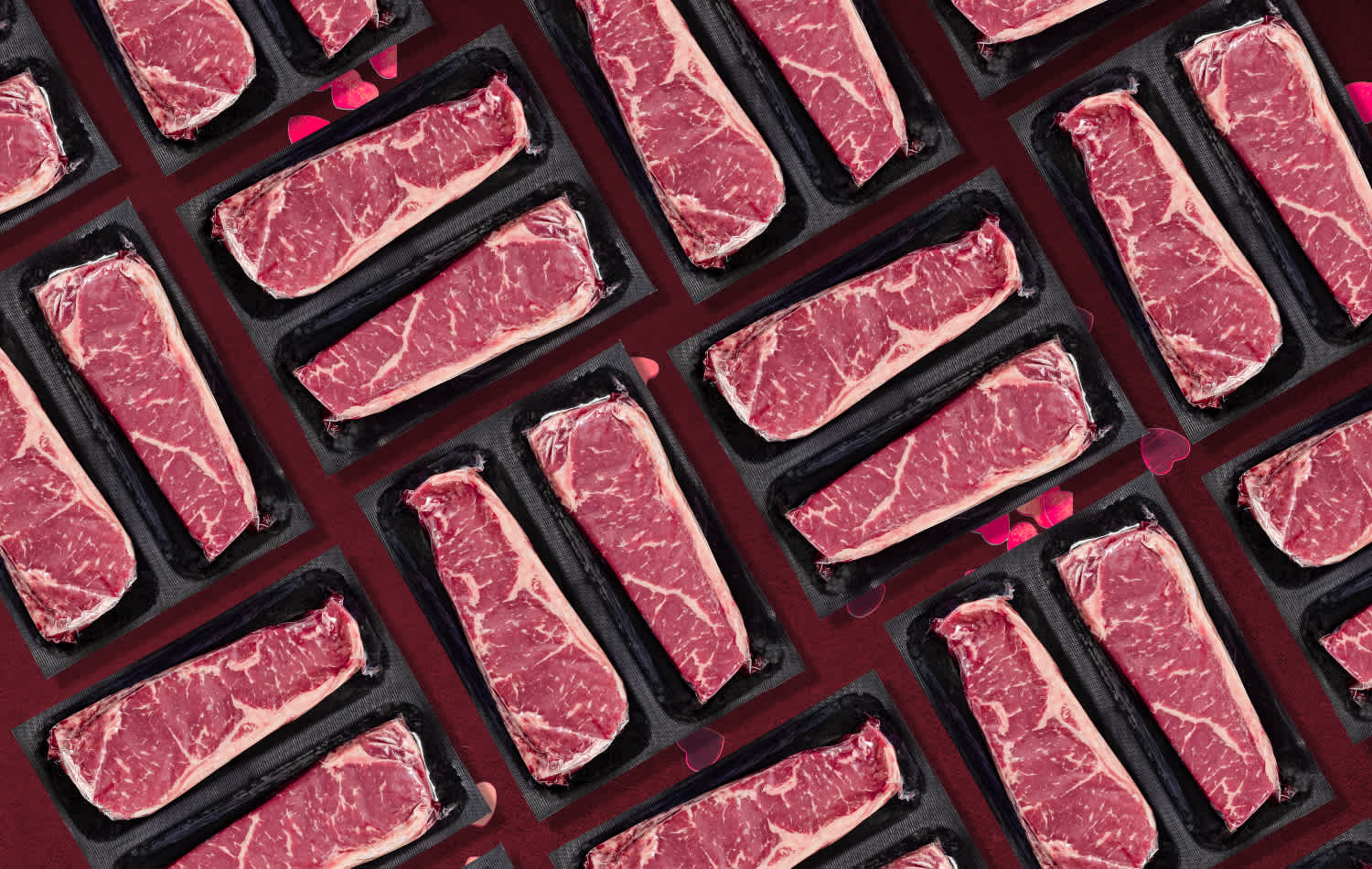
Supplement timing should be strategic, typically regarded only after reaching a plateau around 6-12 months into your diet.
Appetite regulation demands establishing a consistent baseline consumption. Progressive calorie increases must be diligently managed to control supporting muscle growth.
Understanding these challenges allows you to develop a more targeted approach, transforming potential obstacles into opportunities for strategic dietary and training optimization.
Transitioning Successfully

Guiding the carnivore diet's shift requires a strategic approach that minimizes disruption to your bodybuilding goals. You'll want to start by gradually reducing carb intake while slowly introducing more high-quality animal proteins and fats.
This methodical change helps your body adapt more smoothly to the new metabolic pathway, preventing sudden energy crashes and performance drops.
Focus on incorporating nutrient-dense meat cuts, including organ meats, to guarantee you're getting essential vitamins and minerals. Your protein sources should prioritize beef, chicken, pork, and fish, which provide top-notch muscle-building nutrients.
Throughout the initial 2-4 week adaptation period, expect some challenges like temporary fatigue and potential workout performance variations.
To manage this shift effectively, reduce workout intensity initially and use pre-workout supplements or MCT oil to maintain energy levels. Stay hydrated and prioritize rest to support your body's metabolic change.
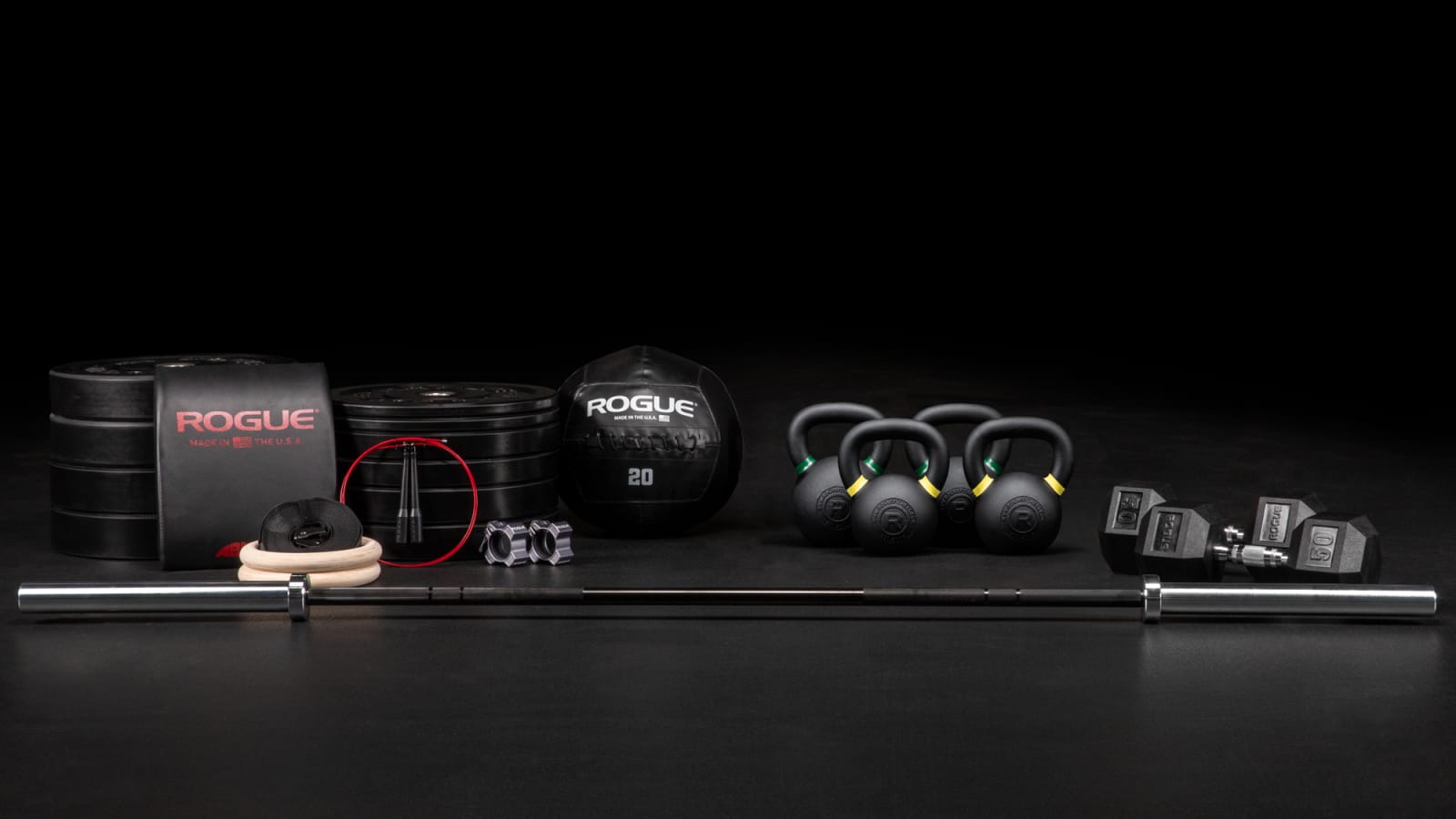
Adjust your caloric intake to support muscle growth, planning meals in advance to maintain a consistent nutrient intake. Keep in mind, patience and strategic planning will be your greatest allies in successfully steering through this dietary change.











